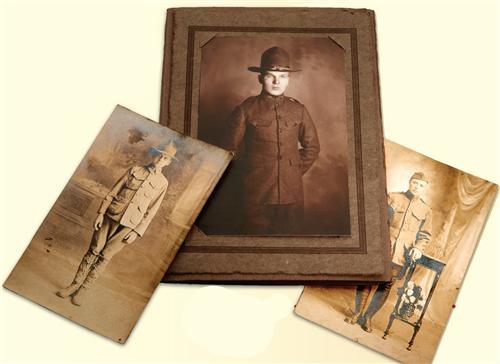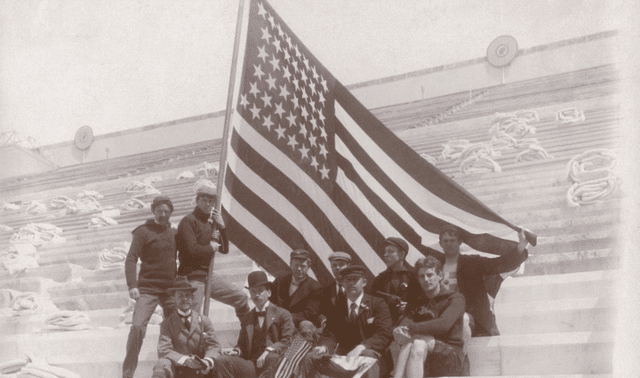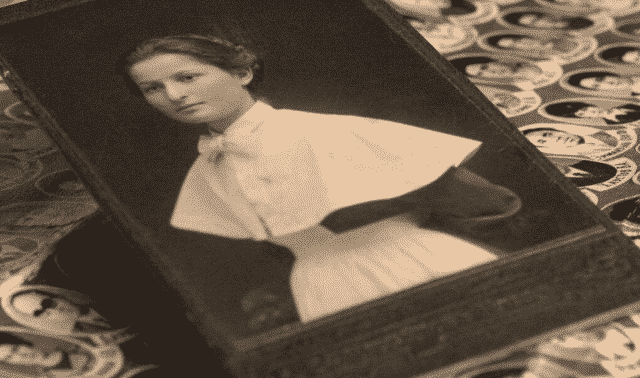
• Examine details. Civil War belt buckles, for example, usually bore an abbreviation for the state of enlistment, or CSA for Confederate States of America. You can identify a soldier’s rank at a glance from the chevrons on his sleeves and shoulders, or the insignia on his collar or headgear. Service stripes on sleeves, which became common during the Civil War, show years of service in the Army, Navy, Marines and Coast Guard. After 1863, badges and insignia also identified soldiers’ corps. Weapons and equipment can symbolize rank and branch of service – a man with a carbine is probably in the cavalry; a pistol indicates an officer.
• Tip the hats. Caps, spiked helmets and tall hats all topped off US military uniforms at one time or another. To tell a Civil War kepi from a WWI “overseas cap,” turn to U.S. Army Headgear, 1812-1872 by John P. Langellier and C. Paul Loane (Schiffer) or A Guide Book to U.S. Army Dress Helmets, 1872-1904 by Mark Kasal and Don Moore (North Cape Publications).
• Compare photos to military references. Try Military Dress of North America, 1665-1970 by Martin Windrow and Gerry Embleton (Scribner), Uniforms of the Civil War by Philip Haythornwaite (Macmillan), or the comprehensive Encyclopedia of United States Army Insignia and Uniforms by William K. Emerson (University of Oklahoma Press). For overseas service, check I.T Schick’s Battledress: The Uniforms of the World’s Great Armies 1700 to the Present (Artus Co.) or Osprey Publishing’s Men-at-Arms series.
• Go online. You’ll find a collection of photos from the Mexican-American War to the present in the Army Heritage Collection Online <www.ahco.army.mil/site/photos_brief.jsp>. This site isn’t the easiest to navigate – we suggest clicking Browse, then choosing the option for digital photographs by time period. Two more excellent resources: The Virginia Military Institute <www.vmi.edu/archives/archivephotos> and the Library of Congress’ American Memory collection <memory.loc.gov/ammem> (especially for the Civil War era).
• Request reinforcements. You may not have considered posting queries on military message boards such as those at <boards.ancestry.com/topics.military>. Also contact battle re-enactment groups (read about them in the August 2005 Family Tree Magazine).



